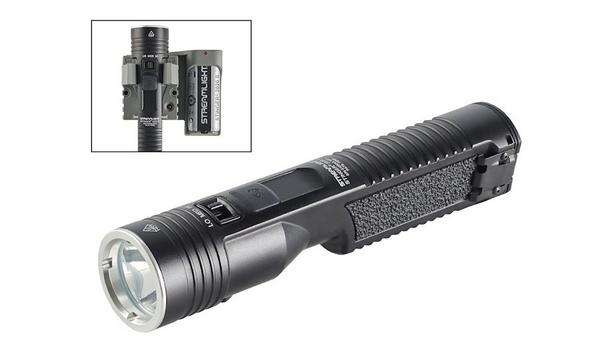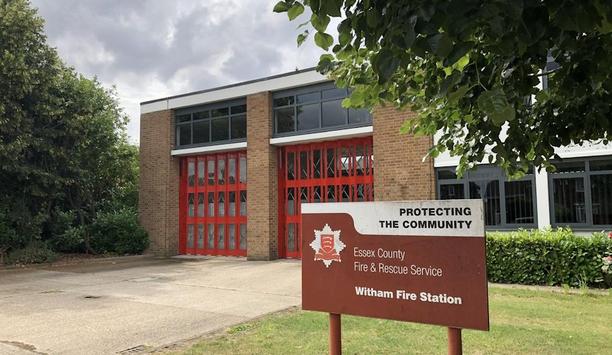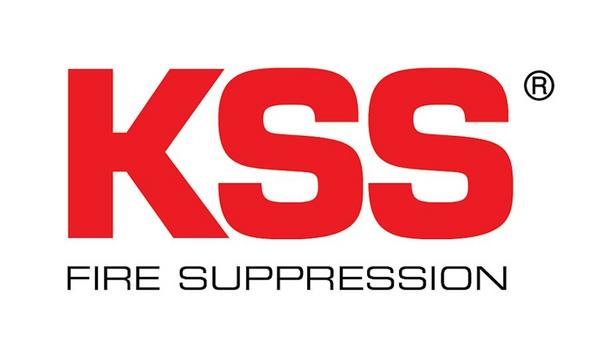Managing a server room involves more than just ensuring the hardware and software run smoothly. Protecting the infrastructure from hazards like a server fire is one of the most important responsibilities for any IT manager.
A fire can cause significant damage to equipment and lead to costly downtime, lost data, and business interruptions. Fortunately, with the right precautions, the risk of a server fire can be minimized. Fire Safety Alarms, Inc. outlines practical fire prevention tips specifically designed for IT managers.
Install the Right Fire Detection System
Early detection is critical in preventing a server fire from spreading and causing significant damage. Standard smoke detectors may not be sufficient in a server room, where even small amounts of smoke can lead to equipment failure. Instead, it’s best to use fire detection systems designed for sensitive environments like server rooms.
Consider installing a very early smoke detection apparatus (VESDA), which can identify even small particles of smoke. These systems give more time to respond before a fire develops, preventing it from causing serious harm to the IT infrastructure.
Choose Fire Suppression Systems Carefully
Fire suppression systems using gases like FM-200 or CO2 are widely recommended for server rooms
While fire detection is essential, having an effective fire suppression system is equally important. Traditional water sprinklers are not suitable for server rooms because water can severely damage electrical equipment, even if the fire is minor. Instead, opt for gas-based fire suppression systems that can extinguish a fire without harming sensitive electronic components.
Fire suppression systems using gases like FM-200 or CO2 are widely recommended for server rooms. These systems work by reducing oxygen levels or cooling the area to suppress the fire. Unlike water-based systems, they are safe for use around electrical equipment.
Control Heat and Maintain Proper Cooling
One of the most common causes of a server fire is overheating. Server rooms generate a lot of heat, and without proper cooling systems in place, this can lead to equipment malfunction or fire. Keeping the room at a stable temperature is key to preventing fire hazards.
Maintain proper ventilation in the server room and keep cooling systems in good condition. Set up hot and cold aisles to control airflow, and monitor temperatures frequently to keep them within safe limits. If cooling equipment fails, overheating can occur quickly, increasing the fire risk.
Keep Cables Organized and Tidy
Cluttered cables can increase the risk of a server fire. When cables are tangled or poorly managed, they can trap heat and create a fire hazard. In addition, frayed or damaged cables can generate sparks, which can ignite nearby materials.
Implement a structured cabling system to keep the cables neatly organized. Regularly check for damaged or worn-out cables, and replace them immediately. By keeping cables tidy and in good condition, the risk of fire is reduced and the overall safety of the server room is improved.
Schedule Regular Electrical Inspections
Regular inspections are essential to identify and fix any electrical problems, before they cause a fire
Electrical faults are another leading cause of server fires. Overloaded circuits, faulty wiring, and malfunctioning equipment can all lead to fire hazards in server rooms. Regular inspections are essential to identify and fix any electrical problems, before they cause a fire.
It’s best to schedule regular inspections of electrical systems with licensed electricians. Make sure all wiring complies with current codes, and avoid overloading circuits. Address any signs of electrical issues, like flickering lights or warm outlets, immediately to reduce the risk of fire.
Install Fire-Resistant Materials
Server rooms should be constructed with fire-resistant materials to help contain a fire if one does occur. This includes using fire-resistant walls, ceilings, and floors that can slow the spread of a fire and give more time to respond.
Consider installing fire-rated server racks and cable trays. These can help protect the equipment and prevent flames from spreading quickly throughout the room.
Monitor Humidity Level
In addition to temperature, it’s important to monitor the humidity levels in the server room. Low humidity can increase the risk of electrostatic discharge (ESD), which can damage equipment and spark a fire. On the other hand, high humidity can lead to condensation, which can cause electrical shorts.
Maintain a balanced humidity level between 40% and 60% to minimize the risk of both ESD and condensation. Use humidifiers or dehumidifiers as needed to keep humidity within the optimal range.
Educate The Team on Fire Safety Protocols
Train the team on the use of fire extinguishers and fire suppression systems
Even with the best fire prevention measures in place, human error can still lead to a server fire. It’s essential to educate the team on fire safety protocols, so they know how to act if a fire occurs.
Train the team on the use of fire extinguishers and fire suppression systems, and make sure they understand the steps to take in an emergency.
This includes knowing fire exit locations, safely shutting down equipment, and evacuating the building when necessary. Regular fire drills can help reinforce these actions.
Implement a Redundant Power Supply
Power surges and outages can cause servers to overheat, leading to fire risks. A redundant power supply helps protect servers from power fluctuations that could lead to equipment failure.
Install an uninterruptible power supply (UPS) to provide backup power during outages and guard against voltage spikes, keeping servers powered and safe during power failures.
Keep the Server Room Clean and Clutter-Free
Perform regular cleaning to remove dust from server racks, cooling units, and other equipment
A clean server room is a safe server room. Dust, debris, and clutter can contribute to the risk of fire. Dust buildup on equipment can cause overheating, and clutter can block ventilation or serve as fuel for a fire.
Perform regular cleaning to remove dust from server racks, cooling units, and other equipment. Keep the room free of unnecessary materials, and store essential items in an organized manner.
By maintaining a clean and clutter-free environment, the chances of a server fire is significantly reduced.
Preventing a server fire is vital
Preventing a server fire is vital for maintaining the safety of the IT infrastructure. Fire Safety Alarms, Inc. help with expert advice and reliable fire prevention solutions tailored to cater to specific needs.
Contact them to learn how they can assist in protecting the server room and ensuring that the critical equipment stays safe from fire.















